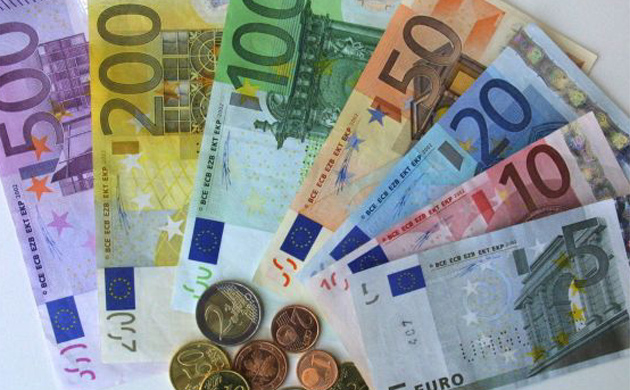5th August 2020
By Thomas Marron, Partner
06 14 24 61 29
thomas.marron@blevinsfranks.com
We come across many people who have homes in both France and the UK and enjoy spending time in each of them. This can give you the best of both worlds, but you need to be careful as it can cause complications when it comes to tax residence – the country which has taxing rights over your worldwide assets and income.

The UK and France have different criteria for determining tax residence and, where necessary, the ‘tie breaker’ rules under the France/UK double tax treaty come into play. You need to be clear on where you should be paying tax each year and vigilant about following the rules correctly. You may think you are tax resident in one country but inadvertently spend more days than you should, or have more ties than you should, in the other, putting you in the firing line for taxation there. If you pay taxes in the wrong country, sorting it out later can be complicated, stressful and costly.
Lockdown and tax residence
This year’s extraordinary circumstances, with lockdown and border closures, resulted in many people spending more time in a country than they intended. We have clients who are normally tax resident in France but got stuck in the UK for months. Likewise, we know of UK residents who were spending time in their holiday home in France when the pandemic escalated, and either were unable to return to the UK or opted to spend lockdown here.
Since then we have received enquiries from people concerned that their prolonged period in France will make them liable for tax here. The good news is that the main test for tax residence in France is not time based – i.e. in most cases you are only considered tax resident if your main home – your foyer – is in France.
If your main home is not in France, there are other tests that can be applied, and normally you could be considered to be a French tax resident if your habitual abode is in France. This generally means that if you spend more than 183 days in the country in a calendar year, you are likely to be deemed resident for tax purposes.
Fortunately, the French tax authorities confirmed that a stay in France due to the Covid-19 lockdown, or a travel ban imposed by the country of residence, would not in itself cause an individual to become tax resident. They also confirmed that the principal place of abode of an individual (the number of days they spend in a country) is only taken into account when a taxpayer does not have a home (i.e. a usual place to stay with his family).
So if you live in the UK and are tax resident there, the time you exceptionally spent at your holiday home in France when the lockdown measures were in place should not affect your residence status.
Preparing for residence in France
Interestingly, however, we’ve received quite a few enquiries from people who had previously only seen France as a holiday home. But after spending the lockdown months here, they realised that they enjoy living in France and want to make it permanent, or at least start spending more time here than the UK. They have been asking us for advice on applying for full-time residency; how to prepare for being tax resident in France and what other financial planning changes they would need to make.
At Blevins Franks are always happy to help people make the move to being resident in France. There are a number of wealth management issues you need to consider, and the earlier you start your planning the better. We provide strategic, holistic financial planning advice covering residence, domicile, taxation, estate planning, pensions and investments. We always consider the cross-border implications, to make your move from being UK tax resident to French tax resident as seamless and tax efficient as possible.
Of course, you need to be legally settled in France before the end of the year to beat the Brexit deadline. Contact Blevins Franks now for advice, to make sure that what you need to do ahead of the end of the Brexit transition period is in place in plenty of time. Acting now can make things easier later and give you peace of mind.
It is important to seek personalised, professional advice on financial matters. For questions about completing your tax return, speak to a tax accountant. For advice on effective tax planning in France, to lower liabilities on savings, investments and pensions, speak to a cross-border tax and wealth management specialist like Blevins Franks. www.blevinsfranks.com

